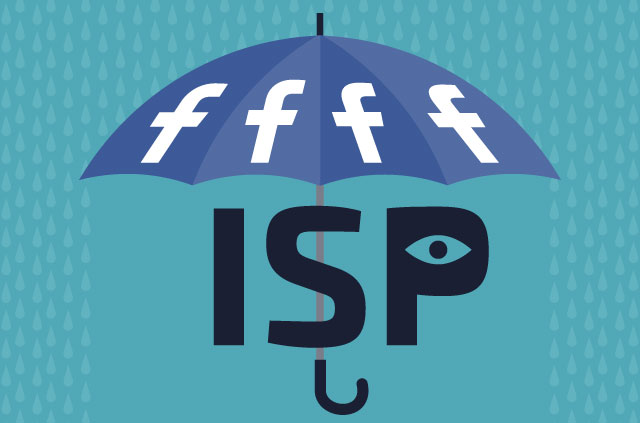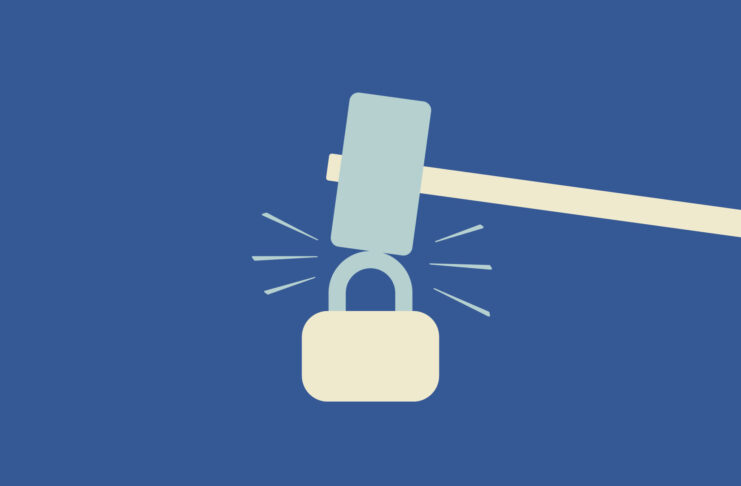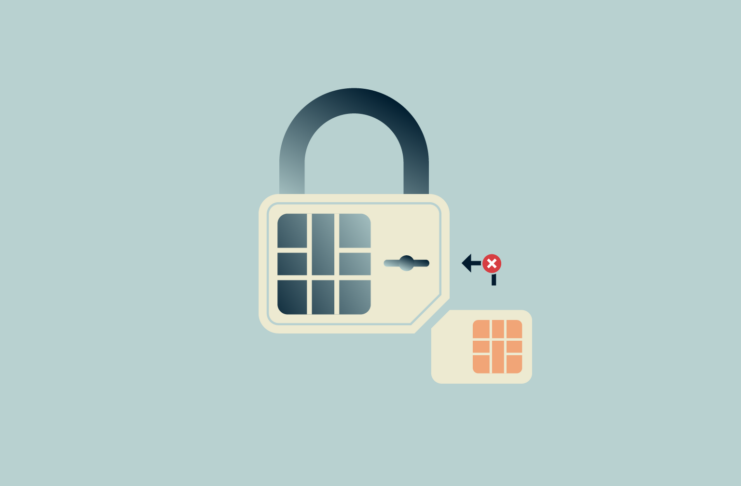Sure, Facebook’s data policies are bad, but they pale in comparison to your ISP’s (internet service provider). With Congress recently passing legislation that allows telecom companies like Comcast and Verizon to monetize user data similar to how social media sites operate, your internet provider could—and likely does—know far more about you than any given website.
And while you can choose not to use Facebook, choosing not to use an ISP is a different matter. This is especially true in rural areas, where studies show only 13% of American consumers have access to more than one telecom service. A lack of choice means you’re not just forced to use a specific ISP, but you also have to accept any data-invasive terms associated with it.
So just how much user data does your ISP have? Here’s a look at what your ISP knows about you, and why you should care.
What your ISP knows about you
ISPs are known to keep detailed logs of their users. Pages visited, time spent on a website, and even specific emails are all easily seen (and recorded) by your ISP. And if you use an unencrypted network (i.e., one that uses HTTP instead of HTTPS), your ISP can log specific usernames, passwords, and more. Also, it’s worth mentioning that incognito mode does nothing to hide your data from your telecom provider, as it only hides the data on the specific browser you’re using and not the network itself.
Physical places you’ve visited, apps you’ve used and the files you’ve downloaded are also commonly logged by your ISP.
Sound bad? It gets worse. Physical places you’ve visited, apps you’ve used and the files you’ve downloaded are also commonly logged by your ISP. Combine this with the repealing of net neutrality and the removal of specific privacy regulations, and you end up with telecom providers that not only invasively record and collect your data, but they also go out of their way to mine it, dig through it, and eventually sell it for profit.
ISPs are using the FB scandal to their advantage
The fact that many ISPs have started jumping on the I-hate-Facebook bandwagon while employing the exact same invasive data habits hasn’t gone unnoticed. And while it may be easy to join them in their disdain for Zuckerberg, they aren’t practicing what they preach. In fact, it’s quite the opposite, as most telecom providers have been actively fighting for fewer privacy regulations. For proof, look no further than how AT&T’s been pushing the FCC for updated privacy bills—which they personally hope to rewrite.
These telecom companies, which have been lobbying Congress for more freedom for years, could try to use this recent privacy fiasco to their advantage by positioning themselves as an advocate for more regulation for specific sites and services (but not for the telecom industry itself).
With the FCC systematically rolling back newly regulated privacy protocols, Comcast, AT&T, and other internet providers have even more power to collect, surveil, and profit off your privacy while sites like Facebook and Google take the blame.


























